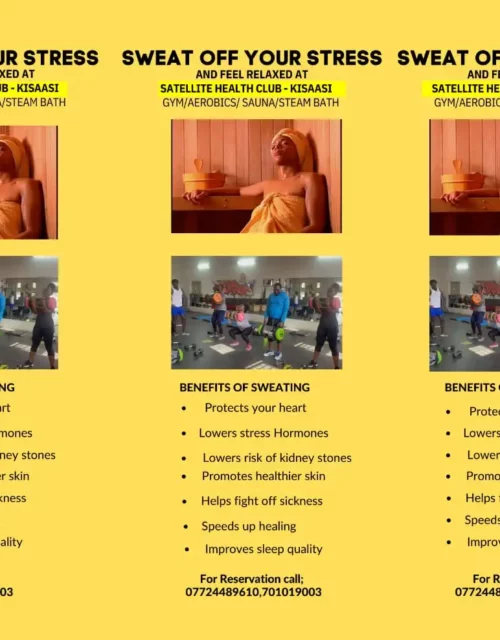By Spy Uganda
Kampala: A recent UNHCR/World Bank phone survey reveals the devastating toll of COVID-19 on the living conditions of refugees in Uganda highlights the need for strengthened support to refugee communities, to mitigate the suffering inflicted by the pandemic.
READ ALSO: Ugandan Refugees Cry Foul As WFP Faces $86M Financial Shortfall
The survey shows that refugees in Uganda were faring far worse than their host community on key dimensions to welfare, such as employment, food security and mental health. It adds to UNHCR’s own recording of an alarming increase in the number of suicides among refugees, linked to the pandemic’s disastrous socio-economic impact.
“While the pandemic has affected all communities, refugees have been hit particularly hard. With a second COVID-19 wave in full swing in Uganda, I am very concerned that the living conditions of refugees may not only deteriorate but become untenable,” said Joel Boutroue, UNHCR Representative to Uganda.
READ ALSO: South Korea Donates 4,500 Tons Of Rice To Ugandan Refugees As WFP Battles Financial Crisis
Uganda hosts the largest refugee population in Africa, with some 1.5 million people mainly from South Sudan and the Democratic Republic of the Congo. By March 2021, the employment rates for these communities had dropped to 32 per cent, falling by 24 percentage points in comparison to pre-lockdown times. In contrast, after an initial drop, the host community’s employment rates were able to return to pre-pandemic levels.
Half of the refugees participating in the survey were projected to live under the poverty line – compared to 44 per cent before the COVID-19 pandemic. About 36 per cent did not have access to medicines when needed and were unable to access sufficient amounts of drinking water.
READ ALSO: WFP Embrace EU, Ireland, UK & US Funding Top Ups For Refugees In Uganda
Food insecurity among refugees, measured as the share of households that have run out of food, was much higher than among their host communities (64 versus 9 per cent). Refugees were forced to reduce the amount and frequency of meals eaten in a day. According to UNHCR’s own data, negative coping mechanisms such as survival sex and child marriage became more common during the pandemic because of severe economic hardship and reduced food assistance.
More broadly, the consequences of the pandemic increased despair. A separate UNHCR analysis revealed that the total number of attempted and completed suicides among refugees in 2020 increased by 129 per cent compared to 2019, with a total of 347 suicide incidents last year. Data on suicides from the first quarter of 2021 are equally worrying – with 76 recorded incidents, compared to 68 in the same period of 2020.
READ ALSO: Abide By Our Policies Or Quit Uganda With Your Refugees: Gov’t Warns UN Agency Over Food Row
“I applaud Uganda’s inclusive approach to refugees and call on the international community to pay closer attention to the gaps in basic needs of an already vulnerable population,” said Boutroue. “More resources are needed to meet not only the basic needs of refugees, including food and access to water, but also to provide better support for livelihoods, education and mental health.”
UNHCR and the World Bank, together with the Uganda Bureau of Statistics, tracked the socioeconomic impacts of the COVID-19 crisis on refugees throughout three rounds of phone surveys. The data mentioned above resulted from the third round, conducted in February and March 2021. These come at a time when Uganda has announced that results of COVID-19 tests done on 13 June 2021 confirmed 49 new deaths.




